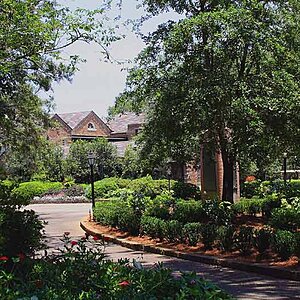Hi
I have the D80 with its kit 18-135mm DX.
So far, I know that the mm's on a Crop sensor will be increased by 1.5x, so a 50mm view will look like 75mm
Now, the DX lenses, like my 18-135, when I push the zoom to 50mm as it says right there on the barrel...,
will it give me a real 50mm view(like decompensing the 1.5x factor) or it will give me the 75mm real view, even though the lense position is set on 50mm.?
I'm asking this because, well, it seems to be (DX) a lense aimed to cropped sensors so it ocurred to me that it will be like adjusted to give the mm's that it actually says.
Like...,
A 50mm DX lense will give a 50mm view on a crop sensor.
A 50mm non-DX will give 75mm view on a crop sensor
And I'm also checking this because when I set my lense to 50mm, I can see through the viewfinder pretty much almost the same angle of view as my natural view.
Shouldn't it be more of a zoomed view through the view finder because of the 1.5x factor?
I'm ofcourse checking to buy more glass, and as a way of emulating a 50mm Non DX lense view angle to see if I like how it looks, I set my DX 18-135 to 50mm, but..., is it the same view angle than the Non DX 50mm?
Should I decrease 1.5x to emulate a non-DX lense view angle?
I mean, why design a lense for a 1.5x factor sensor and not considering the real resulting mm's so it would be put on the lense specifications.?
SO THEN, when the DX lense is mounted on a FF sensor one could espect the decrement by 1.5x of the lense mm's specifications.
And therefore, the other Non-DX lenses when mounted on a crop sensor camera will actually give the increased mm view by 1.5x.
:meh:
I have the D80 with its kit 18-135mm DX.
So far, I know that the mm's on a Crop sensor will be increased by 1.5x, so a 50mm view will look like 75mm
Now, the DX lenses, like my 18-135, when I push the zoom to 50mm as it says right there on the barrel...,
will it give me a real 50mm view(like decompensing the 1.5x factor) or it will give me the 75mm real view, even though the lense position is set on 50mm.?
I'm asking this because, well, it seems to be (DX) a lense aimed to cropped sensors so it ocurred to me that it will be like adjusted to give the mm's that it actually says.
Like...,
A 50mm DX lense will give a 50mm view on a crop sensor.
A 50mm non-DX will give 75mm view on a crop sensor
And I'm also checking this because when I set my lense to 50mm, I can see through the viewfinder pretty much almost the same angle of view as my natural view.
Shouldn't it be more of a zoomed view through the view finder because of the 1.5x factor?
I'm ofcourse checking to buy more glass, and as a way of emulating a 50mm Non DX lense view angle to see if I like how it looks, I set my DX 18-135 to 50mm, but..., is it the same view angle than the Non DX 50mm?
Should I decrease 1.5x to emulate a non-DX lense view angle?
I mean, why design a lense for a 1.5x factor sensor and not considering the real resulting mm's so it would be put on the lense specifications.?
SO THEN, when the DX lense is mounted on a FF sensor one could espect the decrement by 1.5x of the lense mm's specifications.
And therefore, the other Non-DX lenses when mounted on a crop sensor camera will actually give the increased mm view by 1.5x.
:meh:


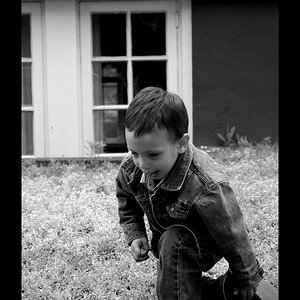
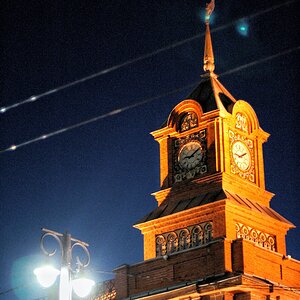

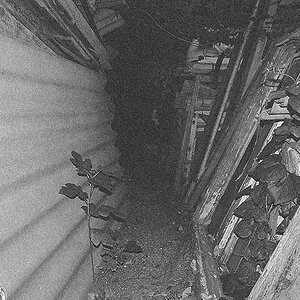


![[No title]](/data/xfmg/thumbnail/37/37602-1ef8dbb1c2d0e4ff347ee65d328c3603.jpg?1619738147)
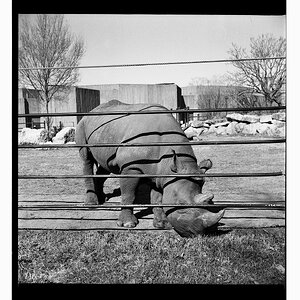
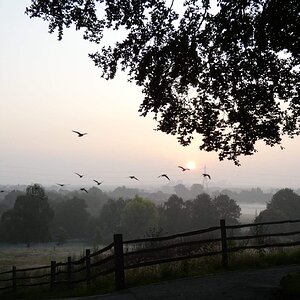
![[No title]](/data/xfmg/thumbnail/33/33491-46949ced4f9729f095cb48c6c61633db.jpg?1619736003)
![[No title]](/data/xfmg/thumbnail/39/39271-04ff6ce1fbcda2b0d41ad7ee08cff91a.jpg?1619738950)
